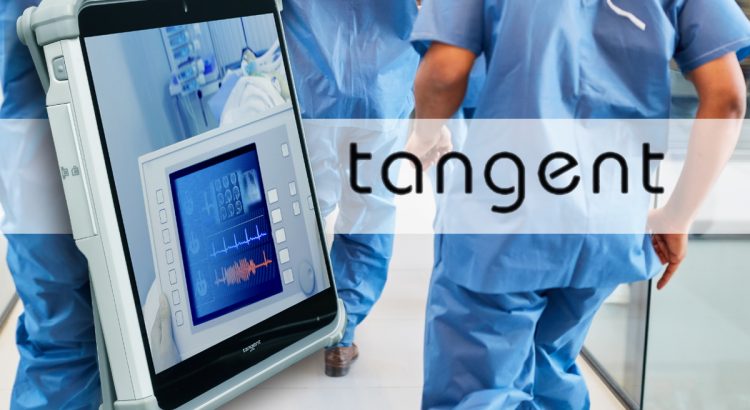With the country on the path towards reopening, hospitals have begun transitioning their facilities to accommodate regular appointments and patients. But will patients be willing to return to hospitals during this crisis? More patients than ever are seeing their doctors remotely via telemedicine technologies such as Medical All-In-One PCs. In addition, more Americans than ever […]
Tag: #TouchscreenMonitor
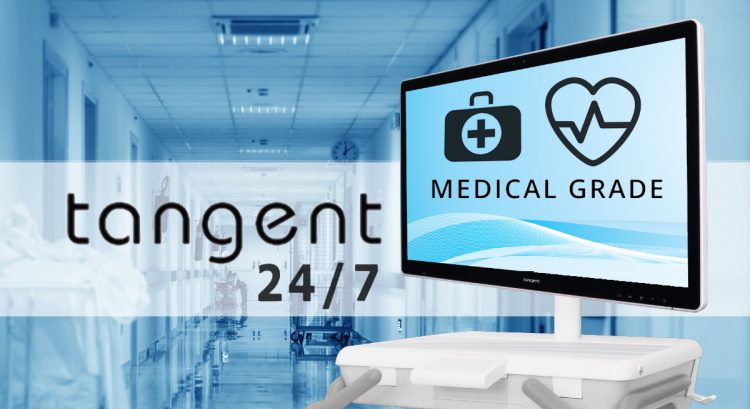
Reducing Frontline Healthcare Worker’s Stress And Anxiety
This crisis has taken a toll on all of us, but frontline healthcare workers have taken the brunt of this crisis. The doctors, nurses, and medical staff protecting the public health are doing so at their own risk. It’s no wonder then why some frontline healthcare facilities are seeing depression symptom rates of 50%. Experts […]

Best Medical Computer For Telemedicine
In these uncertain times, telemedicine has become an invaluable tool for healthcare facilities seeking to treat patients in the most effective way. Multiple branches of the U.S. government, along with health insurance companies and even internet providers have made it easier than ever to set up telemedicine. But when the nation comes out of this […]
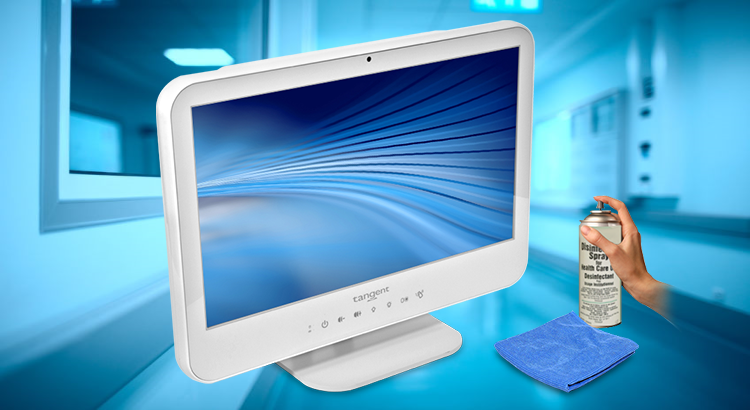
Sanitizable Computers For 24/7 Use
While the current situation the world faces is unprecedented, the healthcare industry has stepped up to make sure that the world remains as safe as possible. Hospitals around the country have made due with limited supplies as supplies of PPE. Working around the clock, hospitals and healthcare workers have stepped up to the plate and […]

Telehealth Computers: How to Effectively Set Up Your Hospital
In these times, it is becoming increasingly risky to have healthy patients enter hospitals where they can easily become disease vectors. Because of this, many hospitals are transitioning doctor visits to telehealth visits. Telehealth refers to medical computer based doctor visits, where a doctor uses a medical computer to video-chat with their patient. Telehealth has […]

What Does “Medical Grade” Mean?
You may see the term “Medical Grade” floated along by many manufacturers these days in your search for proper medical equipment. Everyone, from dentist chair manufacturers to medical grade computer manufacturers, lays claim to the term, implying that their product meets the true definition. While there is no central body that organizes the term “Medical […]
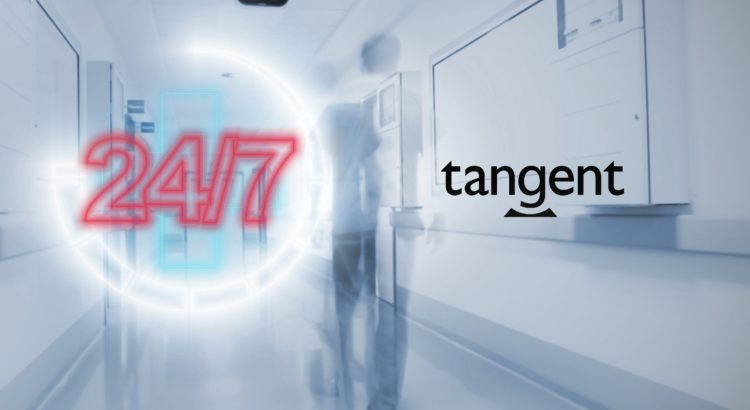
Medical All-In-One PCs for 24/7 Use
As one of the most trusted public services, healthcare facilities have an obligation to serve those in their community. Health emergencies can happen at any time, and as such hospitals are expected to be open 24/7. While medical staff can be shifted so that the hospital is constantly staffed and prepared for emergencies, the same cannot […]
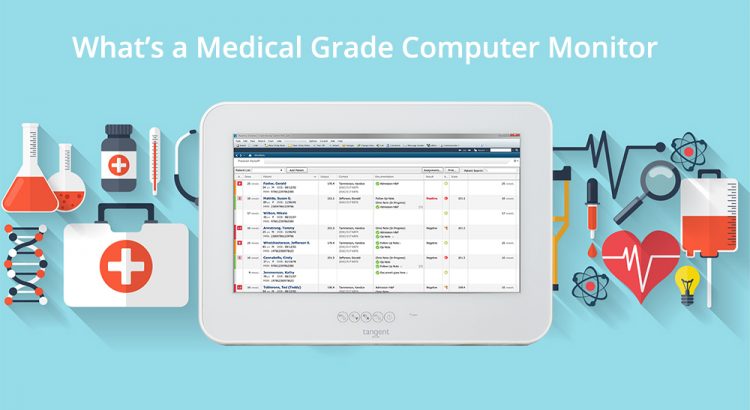
Medical Grade Computer Monitor: What is the Meaning?
It may be surprising to hear, but calling a monitor “medical grade” isn’t just a marketing tactic. To be a medical monitor, the medical monitor must meet certain legal criteria that allows for the use of the term. These criteria, such as EN/IEC 60601-1 compliance, help keep both patients and doctors safe from workplace hazards. […]
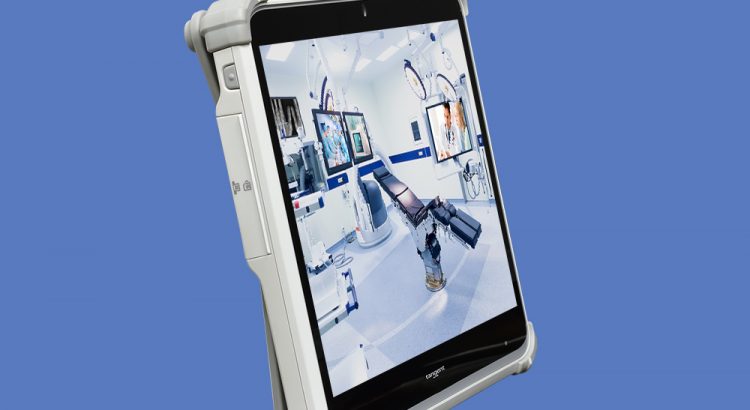
Medical All-In-One PCs
Tangent’s medical all-in-one PCs are built for 24/7 use in the hospital setting. Our line of medical all-in-one PCs are highly customizable to fit your workplace needs, and are designed with physician and patient safety and hygiene in mind. IP65 Sealed and Protected Tangent’s medical all-in-one PCs like the Medix T24B are IP65 certified […]
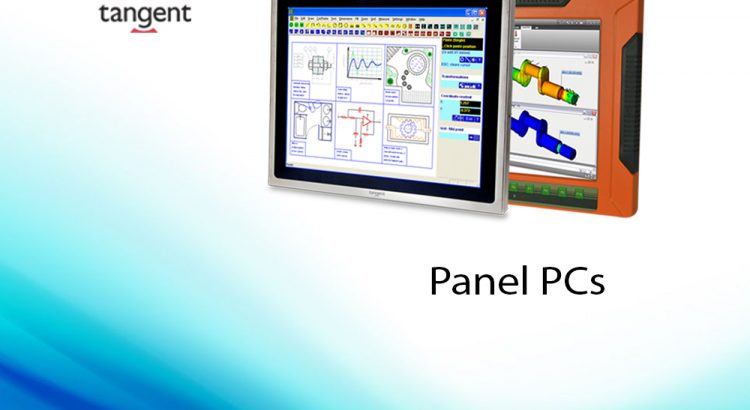
Panel PCs: Tangent’s Product Line
Powerful Medical Panel PCs to Meet Your Needs Tangent’s lineup of Medical Panel PCs are designed to exceed the need of the hospital setting. All of our Medical Panel PCs are UL/cUL 60601-1 and IEC 60601-1 Certified, run industry standard EMR software, and feature widescreen displays. Our Medical Panel PCs have a fanless design, making […]
